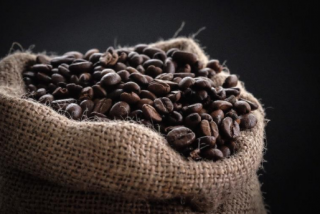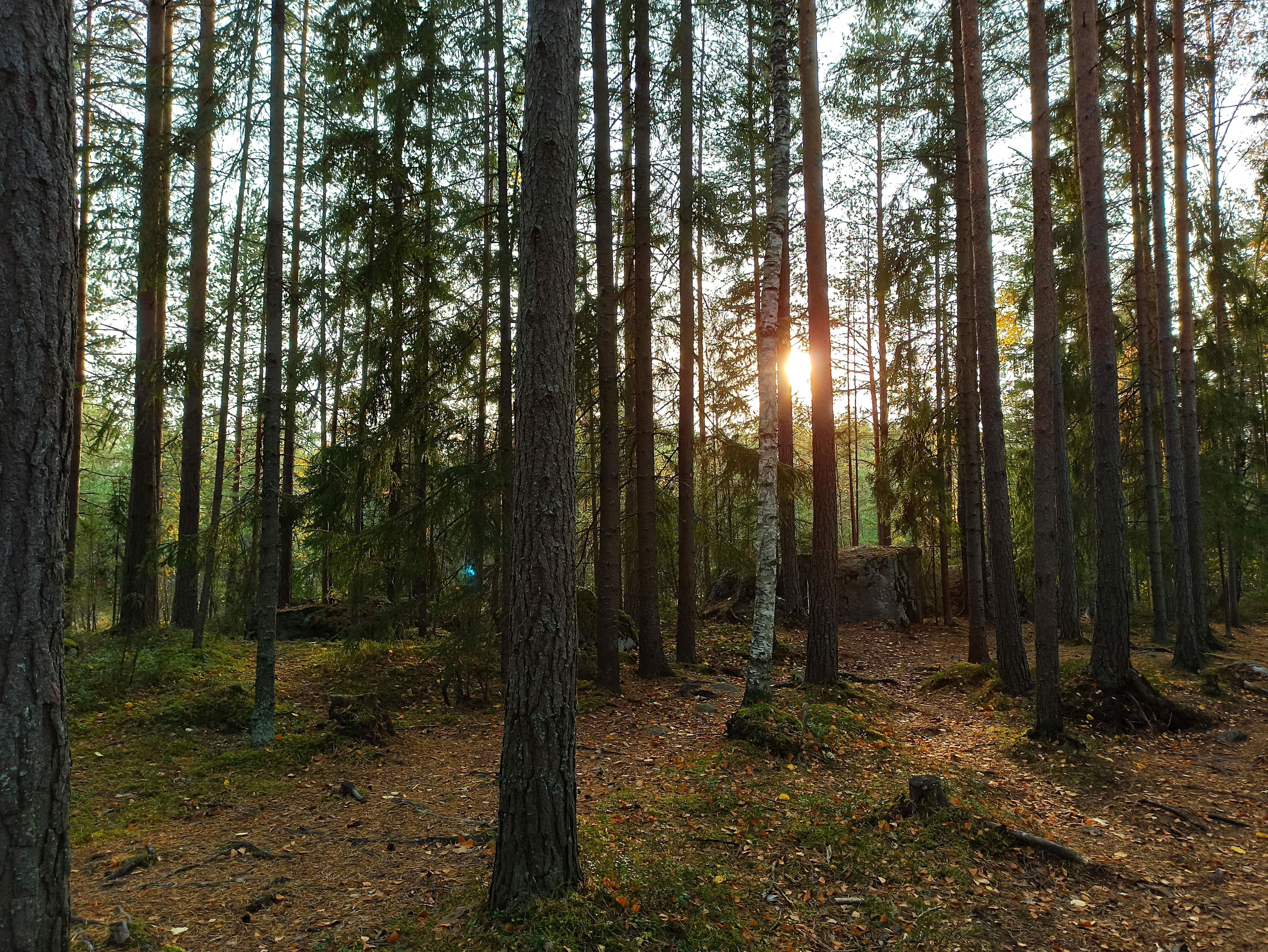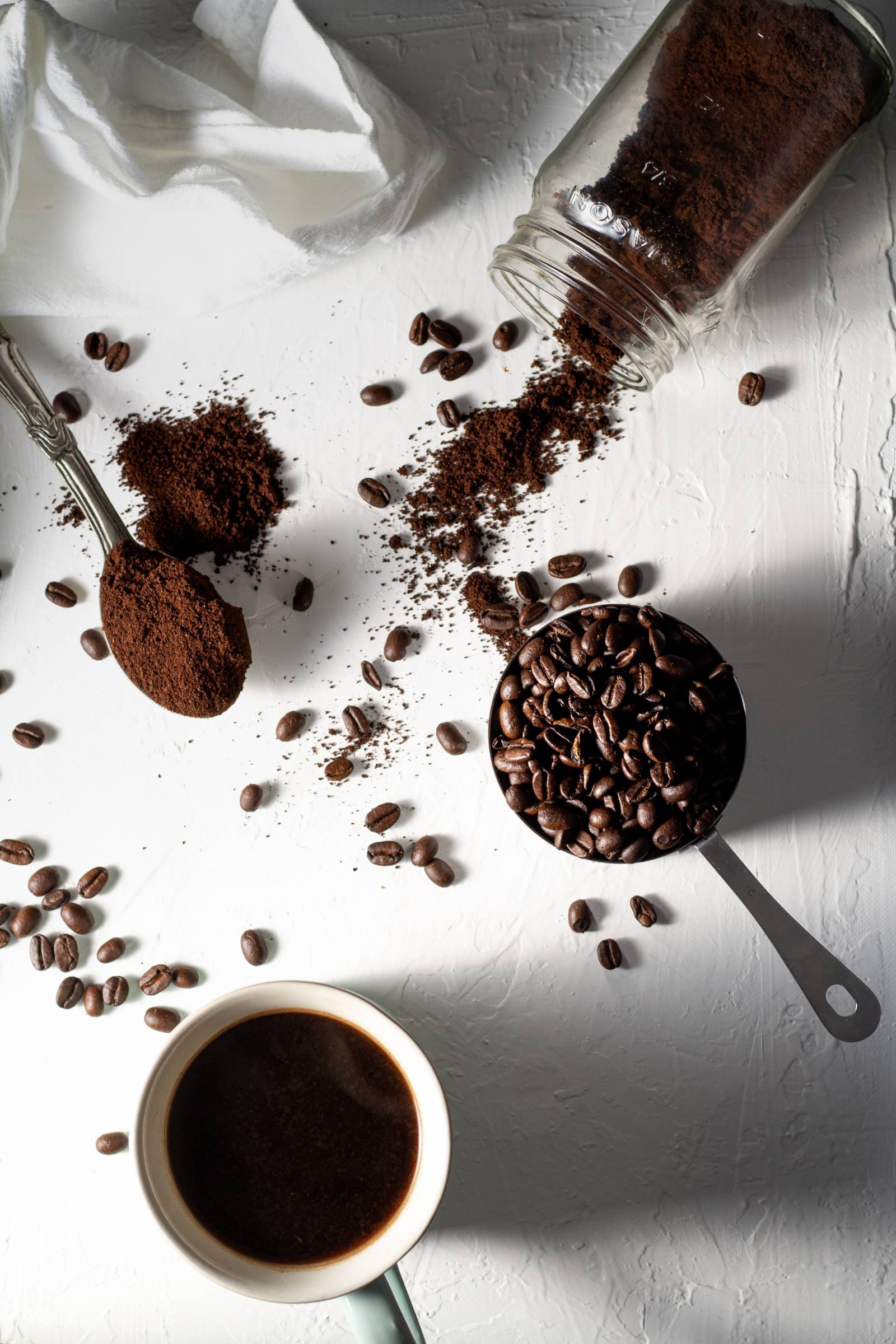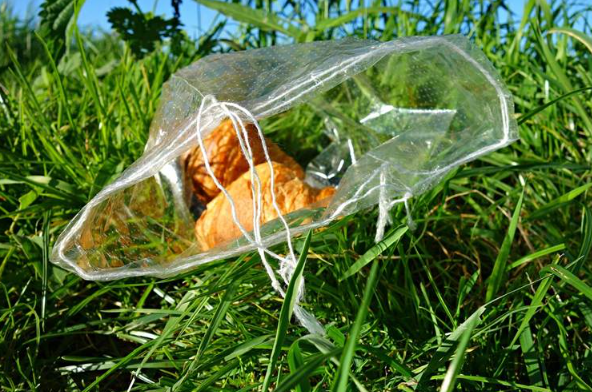Most of us, me included, start our days with a cup of coffee to help us wake up. As the day goes on, we might get a second, third or even a fourth cup of coffee to keep us motivated and awake during the day. However how many of us stop to think for a second what the impact of our waking up elixir is on the environment. Since coffee is not a necessity for our survival, we should consider its environmental impact and try to put the environments need Infront of ours.
The environmental problems
One of the obvious problems that growing coffee creates is deforestation. Deforestation is always a serious problem since it does not only kill trees, but it also removes the home of certain animal species. With less trees there will be less carbon sequestered which contributes to the climate change. Water pollution and contamination is also one of the problems that arise due to the processing of coffee beans. In fact, discharges from coffee processing plants represent a major source of river pollution. This triggers the dense growth of plant life due to excessive richness of nutriens of water systems and robbing wildlife and aquatic plants of essential oxygen.
Something we often don’t realize is that manufacturing of coffee creates an enormous amount of waste. In fact, the process of separating the beans from the coffee cherries is the part which creates a huge amount of waste material in the form of residual matter, pulp, and parchment. The coffee pulp is dumped into streams which harms the soil and water sources and degrades the fragile systems. There is luckily a way to reduce the waste that comes from producing coffee which is using it as an organic fertilizer in farming practices. This use of the coffee husk is already in use in some places. And let’s not forget the environmental impacts of the coffee trade.

Are there any solutions?
Since coffee still seems to be important to a huge part of our population it doesn’t seem like a possibility to stop selling and drinking coffee al in all. No worries my fellow people we don’t have to give coffee up totally, one option is to minimalize the amount of coffee we consume during the day. Instead of three cups of coffee we could try to keep it to only one or two cups of coffee and get our needed energy by sleeping enough and exercising. And for you who can’t get through the day with their four cups of coffee and minimalizing the amount of consumption is not a possibility, there is also a way you can help the environment and still drink coffee. Instead of the sun-growth coffee we normally drink you should try shade-Grown coffee, which is supporting the biodiversity and sustains a healthy ecosystem. It might be a bit more expensive due to the fact that it grows slower than the sun-grown coffee, but I think that our world is worth the extra money. And as a bonus the shadegrowth coffee taste better. So, what are you waiting for? Let’s help our environment one coffee cup at a time.





Comments